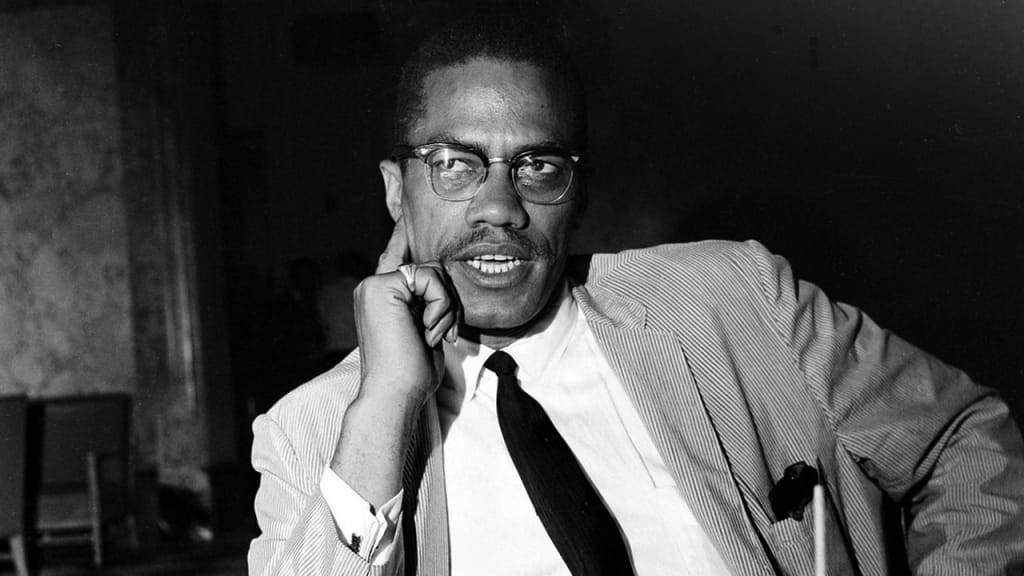Malcolm X emerged from a childhood of adversity to become one of the most influential African American voices for justice and equality in the 20th century. Born Malcolm Little in 1925, his family faced intense racism and violence from white supremacist groups, culminating in the murder of his father when Malcolm was just 6 years old. After his mother was institutionalized, Malcolm spent his teenage years moving between foster homes and living in Boston and New York City.
During this period, Malcolm became involved in criminal activities and was eventually sentenced to 10 years in prison in 1946 for burglary. However, his time in prison proved transformative, as he educated himself extensively and converted to the Nation of Islam, a religious movement preaching black empowerment and separation from white society. Upon his release in 1952, Malcolm X quickly became a prominent minister and national representative for the Nation of Islam, renown for his incisive intellect and powerful oratory.
As his prominence grew, tensions escalated between Malcolm X and the Nation of Islam’s leadership. Malcolm spoke out against the moral hypocrisy he perceived in the Nation’s leader Elijah Muhammad. He also differed with the Nation’s separatist ideology and gradual approach, instead advocating for more direct action to secure black civil rights. In 1964, Malcolm left the Nation of Islam and embarked on his own path towards unifying the civil rights movement by broadening its appeal beyond just African Americans.
After completing the holy pilgrimage to Mecca in 1964, Malcolm adopted the name El-Hajj Malik El-Shabazz and embraced a more inclusive, pan-Africanist worldview. He emphasized the shared struggle against racism worldwide and advocated for human rights and dignity for all people. Though he was only 39 when assassinated in 1965, Malcolm X left an enduring legacy as a revolutionary thinker and courageous activist against racism.
Some of Malcolm X’s major contributions include:
Revitalizing racial pride and identity among African Americans by highlighting their shared cultural heritage and resilience in overcoming systemic oppression. His message of “black pride” resonated widely.
Bringing the conditions of lower-class African Americans to wider public consciousness and voicing their pent-up anger and frustrations. His bold, uncompromising tone gave voice to those feeling marginalized by the mainstream civil rights movement’s conciliatory approach.
Inspiring other prominent African American activist groups and leaders that emerged later in the 1960s, like the Black Panthers and Stokely Carmichael, which espoused black empowerment and self-determination. The “black power” and “black is beautiful” movements can be traced to Malcolm’s influence.
Paving the way for the growth of the Nation of Islam, which expanded significantly during his time as national spokesman in the 1950s and early 1960s. He facilitated its spread in prisons and brought many high-profile black celebrities and athletes into the Nation.
Dedicating himself to education and self-improvement as means for African Americans to empower themselves and eradicate internalized inferiority complex conditioned by racist society. His evolution from a street hustler to an erudite orator demonstrated the transformative power of education.
Bringing an international perspective to the civil rights movement by framing the African American struggle as part of a global movement against colonialism and racial oppression. After his pilgrimage to Mecca, Malcolm embraced this pan-Africanist, anti-imperialist worldview.
Displaying fearless courage in questioning dominant power structures and speaking difficult truths. He never wavered in demanding justice and dignity for African Americans, even after numerous threats and assassination attempts.
Malcolm X's legacy as a revolutionary thinker and tireless activist committed to achieving long-denied equality continues to inspire civil rights activists and others dedicated to social justice worldwide. Though his radical tactics were controversial, few can deny Malcolm X's monumental role in reframing public discourse around racism and human rights in America.



No comments yet
Be the first to share your thoughts!